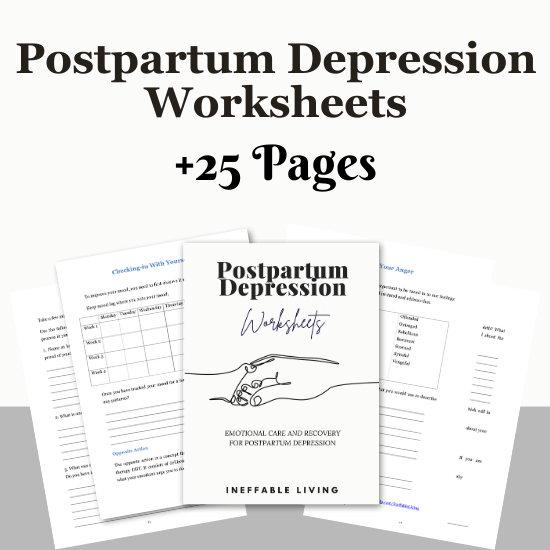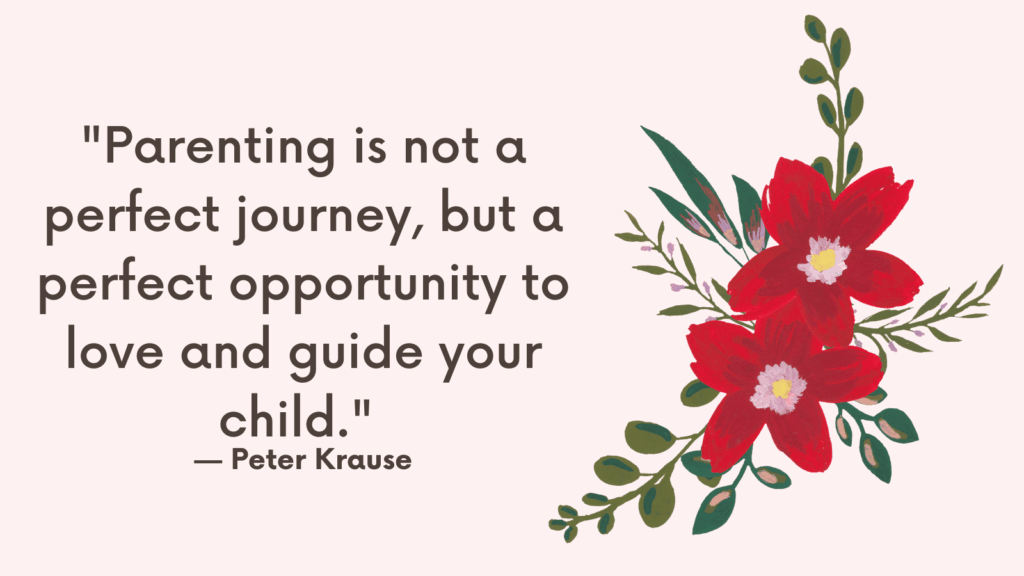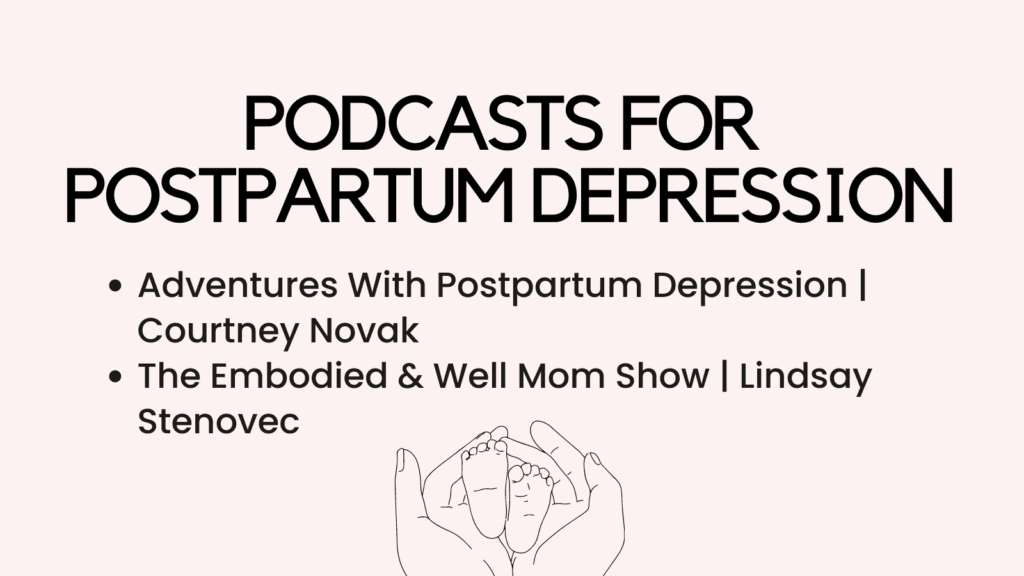The postpartum period is often described as joyful, but it can also bring waves of exhaustion, confusion, anxiety, irritability, sadness, and intense emotional swings. These feelings are not a sign that you’re doing something wrong — they’re a natural response to a major physical, hormonal, and life transition. When the overwhelm hits, it helps to have practical, grounding techniques that support your mind and body through the storm.
Why Postpartum Overwhelm Feels So Intense
Your Nervous System Is In Recovery
Birth is a physical event, but also an emotional one. Even smooth deliveries can leave your body and brain in survival mode.
Identity Loss Is Real
You don’t just become a parent — you lose parts of the person you were. That grief is valid and often invisible.
There’s No Time to Process
You’re sleep-deprived, overstimulated, and constantly needed. Even positive emotions can feel like too much when there’s no space to feel them.
Related: Postpartum Anxiety Quiz (+ 5 Tips On Overcoming PPA)
10 Coping Techniques for Postpartum Emotional Overwhelm
1. Slow Down Your Breath to Calm Your Nervous System
Overwhelm often shows up as shallow breathing, racing thoughts, or a feeling of panic. Calming your breath helps signal safety to your body.
Try this: Inhale for 4 seconds, hold for 4, exhale for 6. Repeat for a few minutes to reduce physical tension and emotional intensity.
2. Lower the Bar — Then Lower It Again
You don’t need to do it all. In moments of overwhelm, strip your to-do list to the essentials: feeding, resting, hydrating, and caring for your baby’s basic needs. Everything else can wait.
Remind yourself: “Good enough is enough today.”
3. Use Grounding Techniques When Emotions Spiral
If you feel like you’re floating, panicking, or disconnecting, grounding techniques can bring you back to the present.
Try this: Name 5 things you can see, 4 you can touch, 3 you can hear, 2 you can smell, and 1 you can taste.
4. Make a “Reset Corner” or Safe Space
Designate a small space just for you — a corner with a cozy blanket, a calming scent, or a favorite book. Stepping into this space, even for five minutes, signals to your brain that you’re safe and cared for.
5. Name What You’re Feeling Without Judgment
You don’t have to explain or justify your emotions. Simply naming them reduces their intensity.
Say out loud or journal: “Right now I feel angry,” or “I’m overwhelmed and I don’t know why.” This creates space between you and the emotion.
6. Ask for Help Without Apologizing
You weren’t meant to do this alone. Reach out to a partner, friend, family member, or doula when you feel yourself unraveling.
Practice saying: “I need support right now. Can you take the baby for 20 minutes?”
7. Hydrate and Eat Something Small
Low blood sugar and dehydration can intensify emotional distress. Keep simple, high-protein snacks nearby and drink water regularly — even if you don’t feel hungry or thirsty.
8. Take a Break From Stimuli
Noise, clutter, screens, and crying can overstimulate your nervous system. Step into a quiet room, close your eyes, or put on soft instrumental music to reduce sensory input.
9. Keep a Simple Support Journal
Write down what helped you today — even small things. Over time, you’ll build a personal toolkit you can refer to when emotions rise.
Examples: “The walk outside helped.” “Breathing for five minutes made it manageable.”
10. Remind Yourself: You’re Not Broken
Feeling overwhelmed postpartum doesn’t mean you’re failing — it means you’re adjusting. Your body and brain are processing profound changes. You’re learning, healing, and navigating a new world. That takes time — and support.
Related: Postpartum Depression Resources (Information, Podcasts, Books)

Conclusion
Emotional overwhelm in the postpartum period is more common than most people admit. You’re not alone. These coping techniques aren’t about fixing everything — they’re about making the hard moments feel a little more manageable. Bit by bit, you will find your rhythm again. And in the meantime, it’s okay to need help, to rest, and to feel deeply. You’re not weak — you’re becoming.



